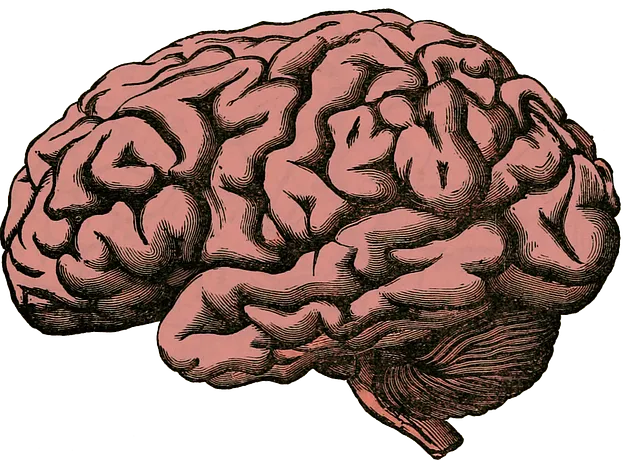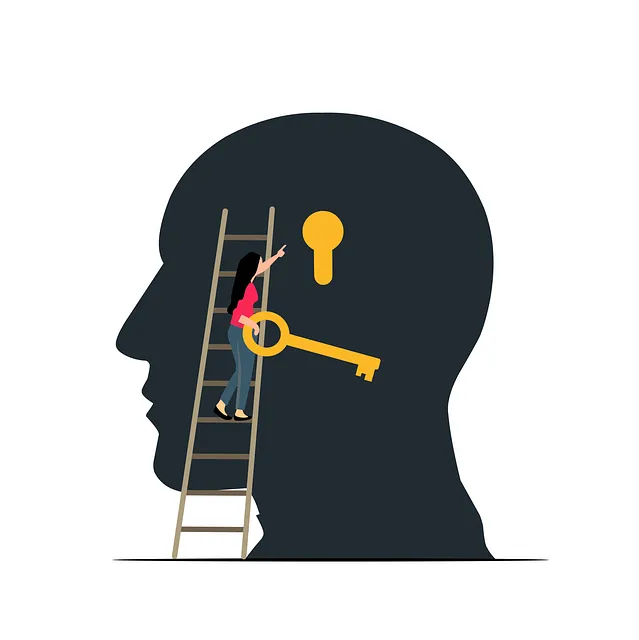Mood regulation is a crucial skill for emotional well-being, especially in challenging mental health situations. Kaiser Inpatient Mental Health Longmont offers specialized care, addressing conditions like depression and anxiety through evidence-based treatments, including cognitive-behavioral therapy, group support, and self-care practices. They empower patients to develop resilience and long-term strategies using techniques such as positive thinking, mindfulness, and building supportive relationships. This comprehensive program aims to improve mental health outcomes by providing tailored care for complex needs.
“Discover effective mood regulation strategies, especially relevant for those seeking support. This comprehensive guide explores various methods to manage and stabilize emotions. We delve into the basics of understanding mood regulation, highlighting the role of therapy and lifestyle modifications.
For those in or considering inpatient mental health services, we provide an overview of Kaiser’s offerings at their Longmont facility. Learn how these strategies can empower individuals to navigate and overcome emotional challenges.”
- Understanding Mood Regulation: Unraveling the Basics
- Kaiser Inpatient Mental Health Longmont: An Overview of Services
- Common Strategies for Effective Mood Management
- The Role of Therapy in Regulating Emotional States
- Lifestyle Modifications for Stabilizing Moods
Understanding Mood Regulation: Unraveling the Basics

Understanding Mood Regulation: Unraveling the Basics
Mood regulation strategies are essential tools for managing emotional well-being, especially in navigating challenging mental health scenarios. It involves the ability to recognize and control one’s emotions, ensuring they align with the current situation and context. This process is crucial, particularly for individuals seeking comprehensive care, such as those considering inpatient mental health services at facilities like Kaiser Longmont.
Effective mood regulation starts with self-awareness—identifying triggers, understanding emotional responses, and developing coping mechanisms. Techniques like Social Skills Training and Trauma Support Services can significantly enhance this process by providing structured frameworks to interpret and manage emotions. By fostering positive thinking and healthy coping strategies, individuals can improve their overall mental health and quality of life.
Kaiser Inpatient Mental Health Longmont: An Overview of Services

Kaiser Inpatient Mental Health Longmont offers specialized care for those in need of intensive support. This facility is part of the Kaiser network, known for its comprehensive healthcare services. It provides a safe and nurturing environment where individuals can focus on their mental well-being. The inpatient program caters to various conditions, including depression, anxiety disorders, trauma, and burnout prevention. Patients have access to a multidisciplinary team comprising psychiatrists, psychologists, social workers, and nurses who offer evidence-based treatments tailored to individual needs.
Self-care practices are encouraged as an essential part of the healing process. The program also provides Trauma Support Services, recognizing that many individuals face complex emotional challenges. Through individual therapy, group support sessions, and educational workshops, patients gain valuable coping strategies and resilience-building techniques. This holistic approach ensures that patients not only manage their current symptoms but also develop long-term strategies for maintaining mental health and overall well-being.
Common Strategies for Effective Mood Management

Many individuals struggle with mood regulation, but there are common strategies that can help manage and improve emotional well-being. One effective approach is practicing Positive Thinking, which involves reframing negative thoughts and focusing on the positive aspects of life. This simple yet powerful technique has been shown to reduce stress, anxiety, and even symptoms of depression. Encouraging a mindset of gratitude and appreciation can significantly enhance overall happiness and satisfaction.
Additionally, building resilience is crucial for effective mood management. Resilience allows individuals to adapt and bounce back from challenging situations, fostering a sense of control and empowerment. Kaiser, with its services including inpatient mental health care in Longmont, offers comprehensive programs that address various aspects of mental well-being, including depression prevention through cognitive-behavioral therapy and other evidence-based practices. These strategies empower people to navigate life’s ups and downs with greater ease, fostering better emotional regulation over time.
The Role of Therapy in Regulating Emotional States

Therapy plays a pivotal role in mood regulation by providing individuals with effective coping skills to manage their emotional states. For those seeking specialized support, facilities like Kaiser’s inpatient mental health services in Longmont offer comprehensive care tailored to complex needs. These therapeutic interventions are crucial for addressing underlying issues contributing to mood disorders, such as depression or anxiety.
Through various therapeutic modalities, including cognitive-behavioral therapy (CBT), individuals learn to identify and challenge negative thought patterns, thereby improving emotional regulation. Additionally, group therapy sessions foster a sense of community and shared understanding, enabling participants to develop coping strategies while benefiting from peer support. Incorporating burnout prevention strategies for healthcare providers is also essential, as it promotes self-care and enhances resilience in managing demanding workloads and high-stress environments, contributing to better long-term emotional well-being.
Lifestyle Modifications for Stabilizing Moods

Maintaining a stable mood is crucial for overall well-being, and lifestyle modifications play a significant role in this process. At Kaiser’s inpatient mental health facility in Longmont, patients often learn valuable strategies to regulate their moods naturally. Simple yet effective changes include adopting consistent sleep patterns, as quality rest is essential for emotional balance. Additionally, integrating regular exercise into daily routines can be transformative; the release of endorphins during physical activity improves mood and reduces stress.
Other recommended lifestyle adaptations involve mindfulness practices such as journaling, which encourages individuals to reflect on their emotions and thoughts. This form of self-expression and mental hygiene helps in identifying triggers and patterns. Furthermore, social skills training and empathy-building strategies can foster deeper connections with others, providing a support system that positively influences one’s mental wellness.
Mood regulation is a multifaceted process that involves understanding and managing emotional states. This article has explored various strategies, from therapeutic interventions to lifestyle modifications, offering insights into how individuals can navigate and stabilize their moods effectively. As for those seeking specialized care, it’s worth noting that Kaiser Inpatient Mental Health Longmont provides comprehensive services tailored to address mood disorders. By combining professional support with proactive lifestyle choices, one can achieve better emotional balance and overall well-being.






